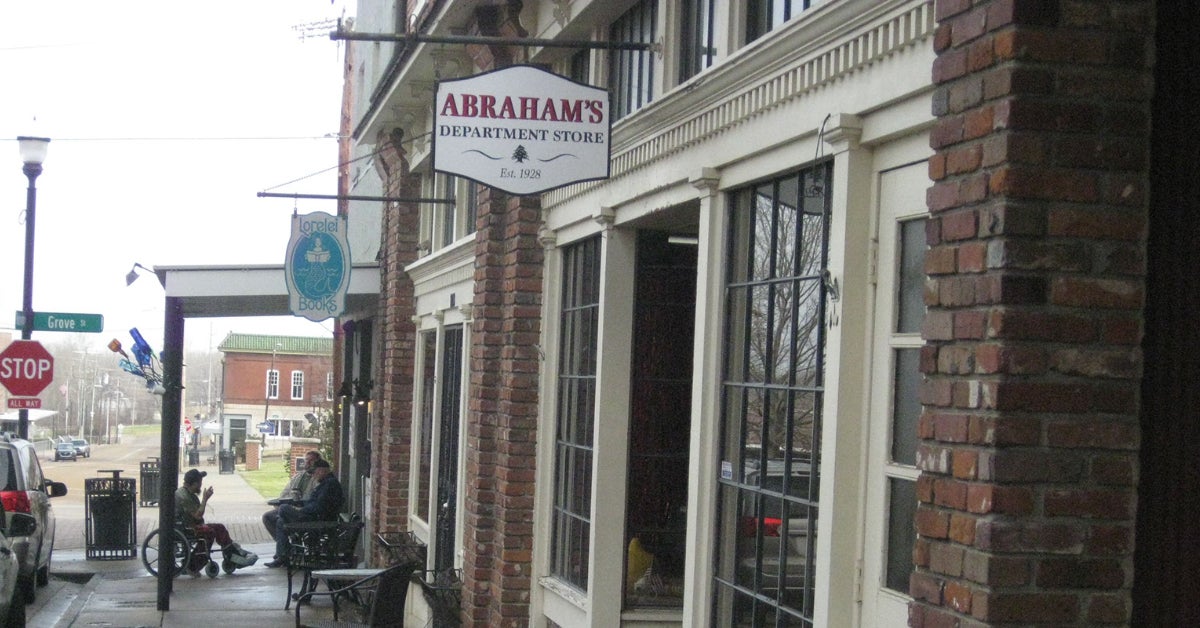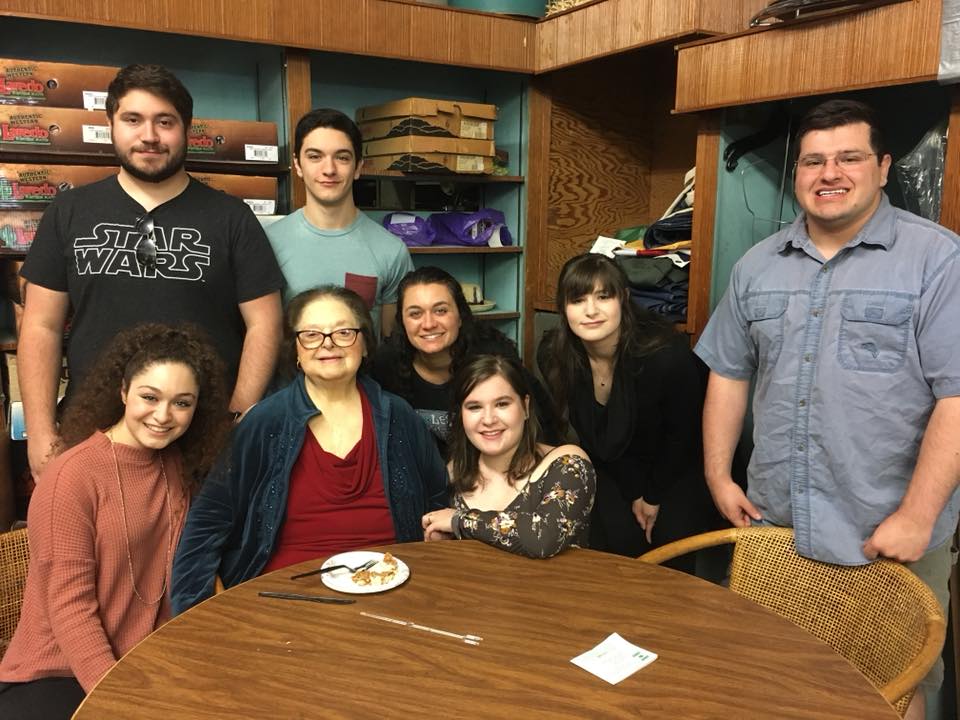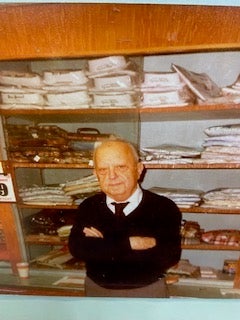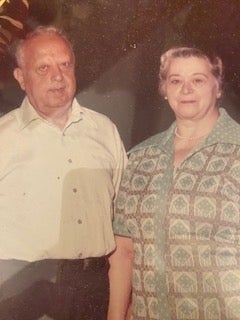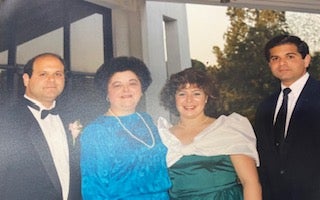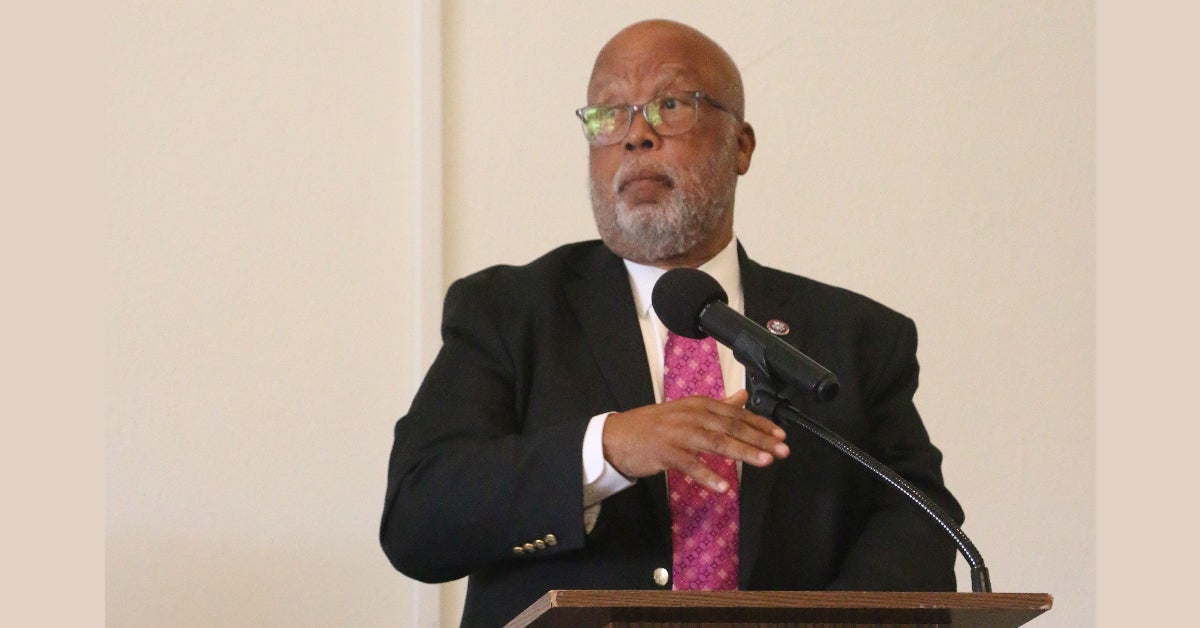PHOTO GALLERY: Abraham’s sells Washington Street building to relocate
Published 2:18 pm Monday, February 20, 2023
On March 13, 1928, brothers Haseeb and Nageeb Abraham, immigrants from Lebanon, opened Abraham Brothers’ Department Store at 1105 Washington St., establishing a business that became a well-known landmark in downtown Vicksburg.
Now, almost 95 years later, Abraham Brothers is relocating, said Frances Anne Dallaire, Haseeb’s granddaughter, who with her brothers owns the store. Dallaire said she plans to initially operate the store from her home by appointment only until a new store location is determined. She said the storefront on Washington Street has been sold, but declined to name the buyer.
The Abraham brothers initially operated a grocery store on Pearl Street that was bought for them by their father. They bought the building in 1927 and opened it in 1928. Three years later, Nageeb sold his share in the business to his brother.
“My uncle wanted to move to Monroe (La.) and my grandfather told him that he would buy him out and he and his family could move to Monroe,” Dallaire said. “He told my grandmother that if she would move upstairs and live upstairs for a while until he could build his equity back up, he would build her the house that she had always dreamed of.”
Abraham built the house, his granddaughter said, adding that while they lived upstairs in the store, her mother, Frances Abraham Thomas, was born.
“It was the end of the day; my grandfather was going to get a sandwich for my grandmother at the Riverside Café,” she said. “She never got to eat the sandwich, because when he brought it back she was in labor having my mother.”
During the years when they were living upstairs, Dallaire said, they’d hear her mother moving upstairs “and sometimes my mother may topple down the steps or something and they never worried about her as long as they heard her get up and start walking back up the stairs.”
And like their grandmother, the children of family members grew up in the store. When they were older, some of the grandchildren worked in the store.
Dallaire remembers a showcase that did double duty. “We had drawers, and when the babies were little she’d pull out a drawer and make a little place for ’em to take a nap,” she said. “And then as they got too big for the drawer, we had the pants piled up on top and she’d make a little mat in between the pants where they’d sleep there when we would be down here helping her work.”
In the 1950s, Abraham bought the building on the north side of the store that now houses the Biedenharn Coke Museum and expanded his inventory to include men’s, women’s and children’s clothes, fabric, shoes, furniture and appliances. It was sold back to the Biedenharns in 1977.
In 1994, Abraham gave the business to his daughter, Frances Abraham Thomas and her children, Lee George Thomas Jr., Gregory Alexander Thomas and Dallaire, who worked with her mother in the store and 16 years later began co-operating the store with her mother. The building’s ownership was transferred to Thomas’ children in 2021. It was sold Friday.
Dallaire said the decision to leave the Washington Street store was made in November.
“I had wanted to keep the store and be here, but it would’ve been having to change the inventory completely to appease the tourists, and the building needed to be renovated,” she said.
“My husband and I are planning on probably leaving in about five years because I’m living in the house that was mama’s and I just couldn’t see putting that kind of money into something knowing that in five years I’d probably be leaving.”
She said she and her brothers decided around Thanksgiving to leave the Washington Street building.
“We had to find the right person that would take over the space because we wanted it to be carrying on a feeling and tradition for the community and the family,” Dallaire said. “I really think we did that and things worked (out).
“It was kind of a spiritual intervention of how the person that is purchasing the store just happened to come up and knock on the door when I was here. And as we talked and we discussed, it was just something that we felt like there was somebody in heaven working together that brought us together.”
On Tuesday, workers from the River City Rescue Mission were at the store removing furniture and fixtures from the store. Dallaire said the memory of her grandfather influenced the decision to donate the inventory and fixtures to the mission. The only item she’s keeping is the store’s cash register.
“That’s the register that’s been here throughout the whole thing and my brother’s first words. We were thinking about what we would do with it and then I was thinking, my brother’s first words were money because as a baby mama would have him at the store and my grandfather would open the first drawer and pick up the chain and drop it and say money, money. So my brother’s, my oldest brother’s, first words were money. So I thought that’s the heart of the store that I can’t let go of.”
“When my grandfather opened the store, he wanted to make money, he wanted to do business but his primary thoughts were helping others,” she said Tuesday morning as she sat in a chair in the almost vacant store.
When her father came to the U.S., Dallaire said, he came with nothing and couldn’t read or write or speak English.
“He built his life up from his father being a peddler to having a very large amount of real estate and the store and doing very well. But in doing that, he had customers, he had a book on the counter where they would charge things (with) no interest.
“They would come in and pay monthly, but there were some accounts that he knew they would come in at Christmas and he would let the family have clothes or whatever to make their Christmas and he knew that he may never get that money back. But that was his way of helping others the way he felt like he had been helped. And so in thinking about that, I thought what better way than to keep his memory.”
She said her grandfather’s experience living in Lebanon was part of the reason he wanted to help others, “because he knew what it was like to not have anything.”
She looked around the store.
“You know, it’s a lot of stories. Lots of memories; lots and lots.”


